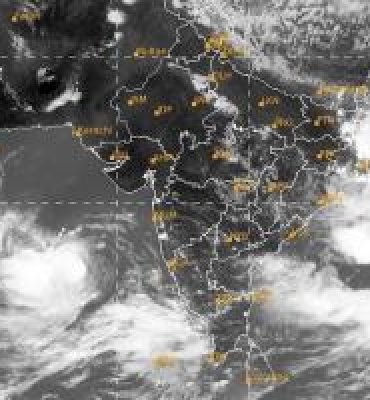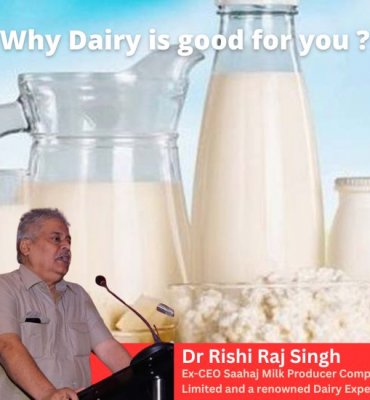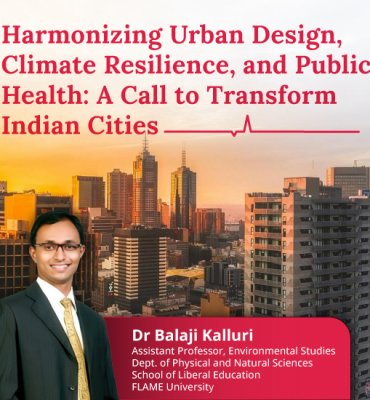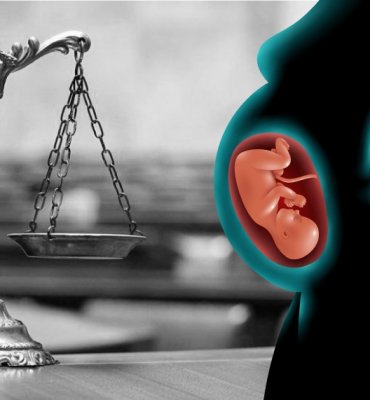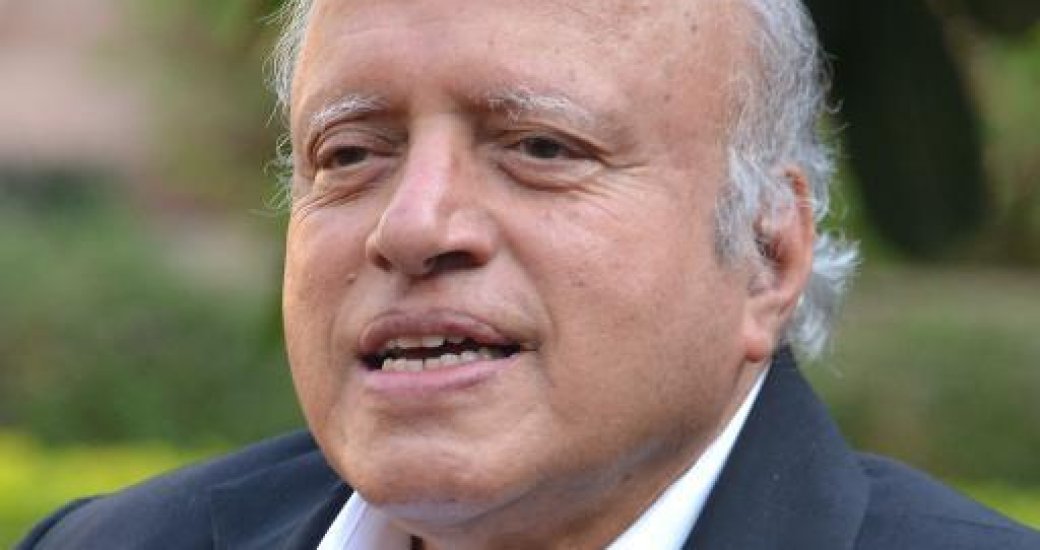
Dr. Swaminathan's crowning achievement, the Green Revolution, reshaped the landscape of agriculture on a global scale. This transformative movement aimed to increase crop yields and alleviate hunger by adopting innovative agricultural practices and technologies.
Today, we mourn the loss of a true visionary and champion of global health and food security, Dr. Mankombu Sambasivan Swaminathan, who peacefully departed from our world at the age of 98. Dr. Swaminathan's life and work epitomized the profound connection between agriculture, food security, and public health. His legacy is etched in the annals of agricultural science and the hearts of millions whose lives were touched by his tireless dedication to combating hunger and malnutrition.
His journey, marked by groundbreaking discoveries and unwavering advocacy, has left an indelible mark on the landscape of global health, forever changing the way we perceive the intersection of agriculture and well-being.
Dr. Swaminathan's crowning achievement, the Green Revolution, reshaped the landscape of agriculture on a global scale. This transformative movement aimed to increase crop yields and alleviate hunger by adopting innovative agricultural practices and technologies.
During the 1960s and 1970s, the world was grappling with the daunting challenge of feeding a growing population. Dr. Swaminathan recognized the urgent need for a revolution in agricultural production. His pioneering work in breeding high-yield varieties of wheat and rice, known as "miracle grains," played a pivotal role in increasing food production.
One of the most significant breakthroughs came in the form of the introduction of semi-dwarf wheat and rice varieties. These new crop varieties exhibited shorter stems and stronger resistance to diseases, making them capable of supporting the weight of heavy grain heads. As a result, they yielded significantly higher harvests and played a vital role in alleviating famine and hunger in many parts of the world.
Dr. Swaminathan's dedication to the Green Revolution extended beyond scientific innovation. He actively advocated for the dissemination of these improved crop varieties to farmers in developing countries, ensuring that the benefits of agricultural advancements reached those who needed them most.
The impact of the Green Revolution was monumental. It addressed immediate food shortages and contributed to long-term food security, lifting millions of people out of poverty and transforming nations into self-sufficient agricultural powerhouses.
Advocacy for Farmers
Beyond his scientific achievements, Dr. M.S. Swaminathan was a staunch advocate for the rights and welfare of farmers, recognizing that the heart of any agricultural revolution lay with those who worked the soil.
He emphasized the importance of ensuring fair prices for agricultural produce, advocating for policies that would protect farmers from exploitation and market fluctuations. His efforts led to the establishment of the Minimum Support Price (MSP) system in India, which provides farmers with a guaranteed price for their crops.
Dr. Swaminathan's commitment to farmers also extended to addressing issues of land reform and equitable land distribution. He believed that access to land was fundamental to the livelihood and dignity of rural communities.
Furthermore, he championed the cause of sustainable farming practices. Dr. Swaminathan stressed the need to balance increased agricultural productivity with environmental responsibility. His advocacy for eco-friendly farming techniques paved the way for practices that safeguarded the environment while ensuring food security.
His work as the Chairman of the National Commission on Farmers in India resulted in a comprehensive report known as the "Swaminathan Commission Report." This report outlined recommendations for policies that would uplift farmers and make agriculture a more viable and sustainable livelihood option.
Dr. Swaminathan's commitment to the well-being of farmers and sustainable agriculture exemplifies his holistic approach to food security and agricultural development. His tireless efforts made a lasting impact, not only in India but also in shaping global discussions on agricultural policies and practices.
Global Recognition
Dr. M.S. Swaminathan's exceptional contributions to agriculture did not go unnoticed, earning him international recognition and prestigious awards.
One of the most notable accolades he received was being the first recipient of the World Food Prize in 1987 following which he set up the MS Swaminathan Research Foundation (MSSRF) in Taramani, Chennai. This prestigious award recognized his pivotal role in the Green Revolution, acknowledging the immense impact his work had on global food production and alleviating hunger.
Swaminathan has been conferred with the Padma Shri, Padma Bhushan and the Padma Vibhushan. He was also the recipient of the H K Firodia Award, the Lal Bahadur Shastri National Award, and the Indira Gandhi Prize, apart from several international awards including the Ramon Magsaysay Award (1971) and the Albert Einstein World Science Award (1986).
Dr. Swaminathan's influence extended beyond awards and honors. He served as a consultant to various international organizations, including the United Nations, the Food and Agriculture Organization (FAO), and the World Bank. His expertise was sought after on matters of food security, sustainable agriculture, and rural development.
He also played a crucial role in forging collaborations between countries to share agricultural knowledge and technologies. His vision of international cooperation in agriculture aimed to ensure that the benefits of agricultural innovations reached even the most remote farming communities.
Dr. Swaminathan's work in advocating for global food security and sustainable agriculture cemented his status as a respected figure on the world stage. His influence extended far beyond scientific research, making him a prominent voice in addressing the critical challenges of our time.
Environmental Sustainability
Dr. M.S. Swaminathan's legacy goes beyond mere agricultural production; he was a visionary who recognized the importance of environmentally sustainable farming practices.
As the world grappled with the consequences of intensive agriculture, Dr. Swaminathan championed the cause of sustainable and eco-friendly farming. He understood that while increasing crop yields was essential, it had to be done in harmony with the environment to ensure the long-term health of the planet.
One of his key contributions to sustainable agriculture was the promotion of integrated pest management (IPM) techniques. IPM focused on minimizing the use of chemical pesticides by incorporating natural predators and organic farming practices. This approach not only reduced the environmental impact of farming but also contributed to healthier ecosystems.
Dr. Swaminathan also advocated for the conservation of agricultural biodiversity. He stressed the importance of preserving traditional crop varieties and promoting the cultivation of diverse crops to enhance resilience to pests, diseases, and climate change.
Dr. M.S. Swaminathan's life and work embody the transformative power of scientific innovation, compassion for farmers, and a deep commitment to environmental sustainability. His legacy as the "Father of the Green Revolution" is not confined to the pages of history; it continues to shape our world even today.



